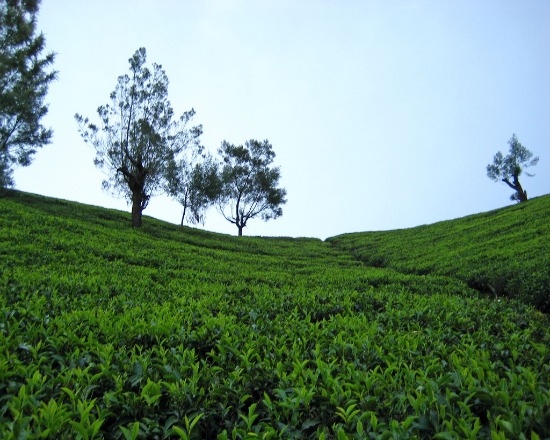This week, our editors wonder about the origins of Kraft Foods, the dark side of the tea industry and the intersection of food and place.
In this article, Fast Company asks if Silicon Valley’s innovative food startups have the power to fix “our broken food system.” They asked Academy Award-nominated filmmaker PES to interpret what the food chain looks like in this video.
Caroline Lange: Is Harlem Good Now? — The New York Times
Marcus Samuelsson, chef and founder of Red Rooster Harlem, writes this op-ed about how his love of Harlem is tied to the convergence of food, neighborhood, and home. So often, the best part of a meal is whom you’re sharing it with, and under what circumstances; Samuelsson taps into this, and embraces Harlem for always making him feel at home. As a resident of Harlem myself, it was especially fun to get another perspective of the booming restaurant scene (though Harlem has always had a vibrant food culture of its own) and its relationship to longstanding ideas on race and class.
Gabrielle Langholtz: Manufacturing Taste — The Walrus
Kraft Macaroni & Cheese can seem more American than apple pie these days. But this absolutely engrossing longreads essay taught me that Mr. Kraft grew up on a dairy farm in Ontario and that today Canadians eat 55% more “Kraft Dinner,” as they call it, than we do. That makes KD, not poutine, Canada’s de facto national dish. I was fascinated to follow this story from cheddar factories to food banks to Barenaked Ladies lyrics. Even if you share my opinion of that box and its brethren—Cheez Whiz, Kraft Singles, and Velveeta, not to mention the likes of Oreos and Kool-Aid—you’ll find this excellent read far more nourishing than its subject.
Carrington Morris: Tea industry claims it will undertake heroic efforts to become more sustainable — Grist
Sadly it seems like tea, too, has its dark side—one sketchy enough that the tea industry itself claims it will require heroic efforts to turn around… over the course of 16 years. Happily, they’re taking on the challenge, and companies from Unilever to James Finlay are proposing to make tea a “hero crop,” defined as “more than just a commodity; it also delivers social, environmental, and economic benefits for all participants with its value chain.” Their role model: coffee.
Feature photo: Flickr/4Neus



